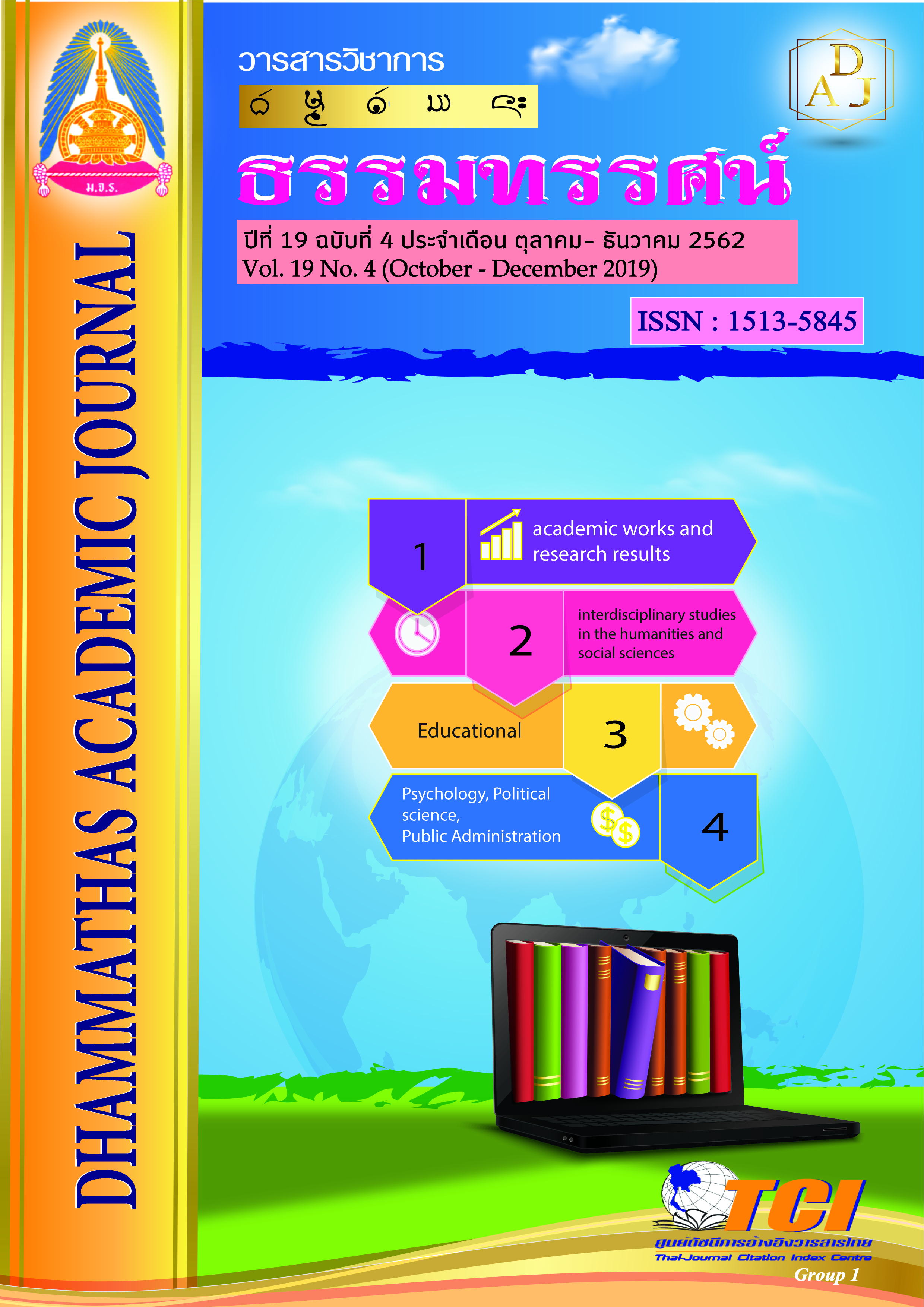The Political Socialization to Pattern Political Culture of Political Leader in the Northeastern Region
Main Article Content
Abstract
The purpose of this study: 1) to study the political culture patterns of political leaders in the northeastern region; 2) to study units or agents the political socialization that affects the creation of political culture of Political leader in the Northeastern region the study in the area Nakhon Ratchasima province and Khon Kaen province the target groups in research and using qualitative research methods use the selection purposive sampling namely the group of key informants a total of 40 people the namely political leaders in Nakhon Ratchasima province 15 people the Namely political leaders in Khon Kaen province 15 people the academic and political science professor 10 people the data collection methods and use in-depth interview method individually tools used for data collection by using the interview method as a tool to collect data.
The research found that: the political culture pattern of political leaders in the northeastern region has a mixed form, not one of them, especially the conservative political culture. Democratic political culture and popular political culture from the analysis of the data, the most consistent is the conservative political cultural pattern. It is found that the cultural, political, and cultural forms of respect for seniors have a great influence on both national political leaders and local political leaders, followed by cultural patterns. Democratic political found that the civic culture that led to the development of democracy began to have a great influence on the new political leaders in both national political leaders and local political leaders. and the least is the political power culture model, popular, found that the nature of surrender, obedience, respect for authority these characteristics have less influence on the current Thai social system.
The second objective, the unit or the political feuding agent that affects the political culture of the political leaders in the northeastern region, found that political upheaval had an effect on the culture as follows: 1) the creation of political personality From parenting of the family institution; 2) knowledge about democratic regime from promoting learning; 3) participation in social and political activities from motivation and pressure of peer groups; 4) affecting the creation of political beliefs political behavior political thought From receiving news from the media; 5) Affecting political beliefs political ideology and sent me to political behavior of political leaders.

